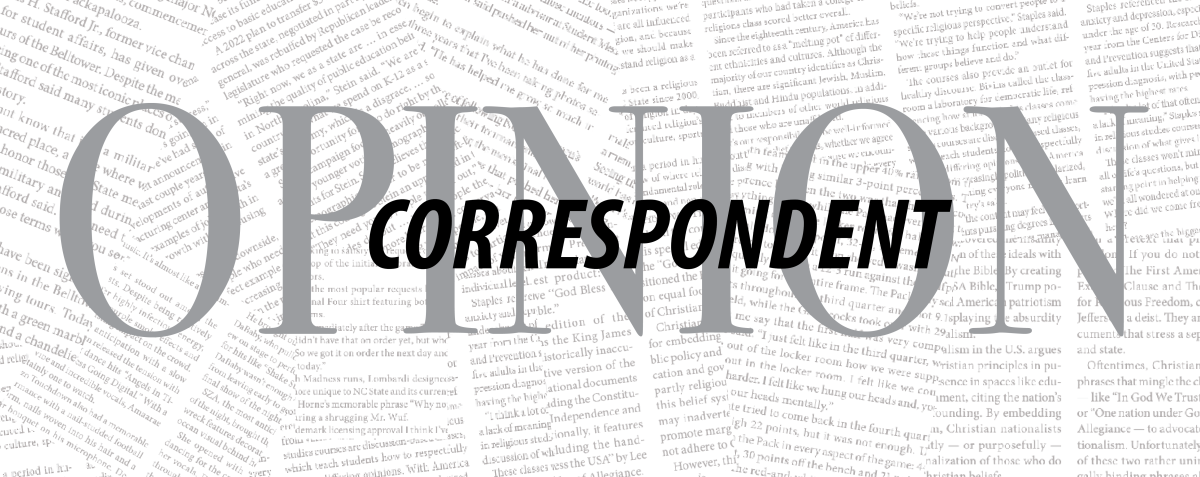TikTok, the Chinese-owned social media phenomenon housing your ‘For You’ page full of cat videos, fashion trends and brain rot, has been under fire due to concerns surrounding user privacy and the nature of the app’s foreign ownership. Around the time of the Supreme Court’s decision to uphold the TikTok ban and the subsequent short-lived TikTok blackout, American TikTok users rallied against supposed government censorship and free speech limitations.
But now that TikTok is back — not that it was gone for long — what does that mean for American users’ free speech? What does it mean for movements aiming for social and political liberation?
Many social media platforms, including TikTok, have been beneficial avenues for political expression. Despite ongoing issues with algorithm censorship, millions of American users can reach vast audiences with a message and a post. Social media has allowed activist movements to grow nationwide, connecting users from across the country and the world.
We’ve become a society of technological innovation and integration but also, I would argue, of reliance.
When thinking of the TikTok political realm, I am often reminded of the black square Instagram “activists” during 2020’s Black Lives Matter surface.
But does the movement end when the phone is put down?
It’s undeniable that plenty of Americans are politically and socially inspired by what they might see on TikTok and, often, for the better. TikTok may open users’ eyes to oppressive injustices harming diverse communities, issues surrounding women’s reproductive healthcare and debates on recent laws.
However, not even taking into account misinformation and partisan echo chambers, where does this inspiration and energy go? We might tap the like or, if you’re feeling especially passionate, hit that repost button, but we aren’t really talking face-to-face.
Boomer take, I know.
But after being involved in on-the-ground campaign work during the 2024 election season, I realized how difficult it is for us to talk to one another — to publicly vocalize opinions and have civil conversations. During this time, conversations weren’t even had, and if they were, they often spiraled out of control.
Most importantly, we do not hear each other.
If we rely on TikTok and social media as our path to liberation, what happens if it falls down? If censorship is already a problem across multiple apps, it’s very possible that controversial political conversation could cease.
Even after the TikTok ban, most users promptly fled to yet another app, RedNote. There was no conversation about considering in-person community — it was scouring the app store for another digital alternative.
Building in-person community, talking to one another and truly listening will be our path to true coalition. It’s our path to expanding the tent and welcoming others, which might be scary amid the algorithms that completely agree with us.
In light of Trump’s inauguration, there are mostly heavy sighs and hopelessness in the air. My political science classrooms are full of groans and eye rolls. My Instagram direct messages are full of disbelief and fear.
The Trump administration has issued at least 51 executive orders since Jan. 20, many of them attacking immigrants and their families, DEI frameworks and the environment. There has been a continuous flurry of new headlines and, with it, the feeling of lost power.
In the face of despondency, it’s more crucial now than ever to be with and talk with one another.
Your power is not lost. And harnessing that power is not only critical but pivotal.
College campuses have historically been the stage for the younger generations’ movements. Campus organizing was the lifeblood of the anti-war movement in the Vietnam era. It was the vitality of the Civil Rights movement. It can be our way forward now.
And it’s not like campus organizing doesn’t exist on NC State’s campus already. Groups such as the Progressive Students Task Force, Students for Decarb and NC State’s YDSA chapter often work in coalition to educate, converse with and engage students regarding leftist activism.
NCSU Wolfpack Beds crochet plastic mats for local homeless populations and NC State College Democrats regularly campaign for and converse with forward-thinking candidates across the state and country.
BridgeNCSU and Political Science Club create space for students from all political backgrounds to discuss pressing issues in a civil, respectful environment. All you have to do is show up.
It’s not our fault that we are bombarded by misinformation, unclear messaging and biased content, but we have the potential to rise above it. TikTok can be, and should be, a continued tool for activist education and organizing. However, it should be far from our primary means of mobilizing. To move forward, we must look up from our screens and at one another.














